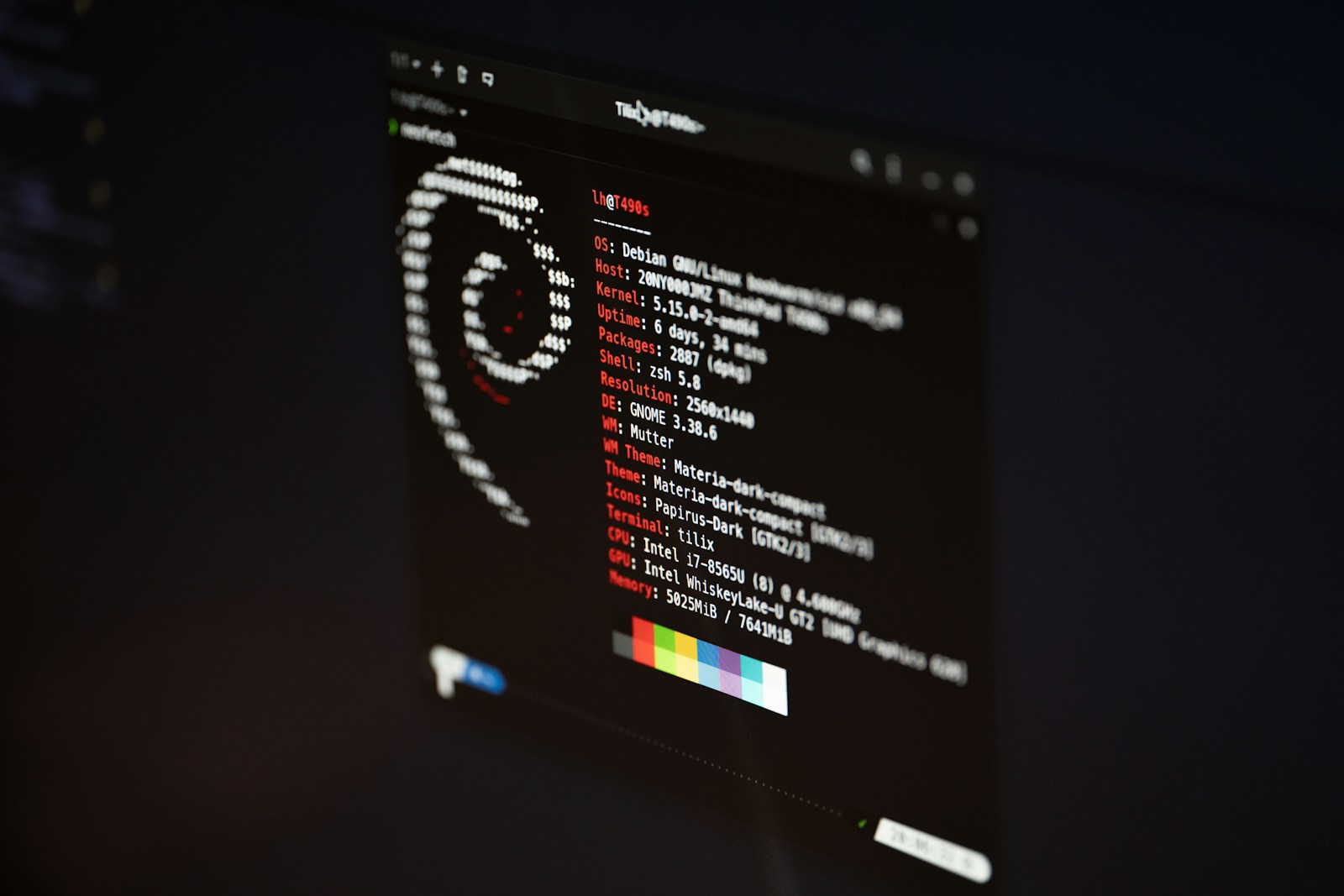5 Reasons Linux Is Better
No one knows the name of the developer who wrote the first lines of Linux, but their work has reshaped the very foundations of modern computing. You don’t have to be a genius to use or appreciate Linux—you simply have to see the value in it and recognize its potential.
As with all great advancements in technology, its evolution doesn’t depend on the brilliance of a singular mind, but on shared commitment and collective effort. Linux is both a product of this ethos and a reflection of it. The reasons it excels aren’t tied to flashy marketing or huge corporate investments, but to what it fundamentally stands for: functionality, accessibility, and freedom.
1. Open Source Means Freedom
Linux isn’t a sleek box delivered with shiny labels. It’s not a branded, walled garden. Its essence is freedom. As an open-source operating system, Linux makes its source code available to anyone. What does this mean for you? Freedom to modify, learn from, and distribute the software as you see fit. It’s yours in ways no proprietary system can ever truly be.
This is where Linux starts to feel less like software and more like an idea—a species within technology that evolves based on the collective input of the people using it. Consider what that means: millions of minds refining, improving, and sharing. A community, not a corporation, deciding its future.
2. Unparalleled Security
If you’re using Linux, you’re inherently safer. Security vulnerabilities in Linux are fewer, harder to exploit, and patched faster than in most proprietary systems. What drives this? Once again, it’s the community.
With thousands of developers constantly inspecting and tweaking the code, potential issues are identified and resolved quickly. Hackers typically favor attacking mainstream platforms with large user bases and slower patch cycles. Linux, for these reasons, is not often their target.
Collaborative Defense
The symbiotic relationship between Linux users and developers enables a level of vigilance that simply cannot be matched by corporately-managed alternatives. It’s the difference between relying on a locked door and living in a neighborhood where everyone is watching out for each other.
3. Customization That Knows No Bounds
Would you buy a car if you couldn’t change the mirrors or rent a house where you weren’t allowed to paint the walls? Most proprietary operating systems enforce that kind of rigidity. With Linux, it’s the opposite.
Make It Yours
Linux offers infinite paths to personalize your experience. From the way your desktop looks to how it handles background processes, you have control. Don’t like the default file manager? Change it. Want a minimalist interface? Install it. The “tech works for you” mentality is baked into Linux’s DNA.
This customization is perhaps best expressed in the numerous Linux distributions (“distros”) available today. From Ubuntu’s user-friendly interface to Arch Linux’s build-it-yourself philosophy, there’s a Linux for everyone.
4. Reliability and Efficiency
Linux is the definition of “set it and forget it” technology. Servers and computers running Linux are known for their stability and uptime. In fact, Linux powers most of the internet, running major websites, cloud systems, and even stock exchanges worldwide.
Never Waste Resources
Linux’s efficient use of system resources ensures it can run on older hardware without sacrificing performance. While proprietary systems may bog down with unnecessary bloat, Linux thrives on simplicity. It consumes less, delivers more, and quietly gets out of the way so you can work, play, or create without interruption.
5. It’s (Mostly) Free
Linux doesn’t need to sell you its value; it just gives it to you for free. Most distributions come at zero cost, making it an exceptionally affordable option for individuals, businesses, and educational institutions alike. There’s no need for expensive licensing fees, and many open-source applications available for Linux offer full-featured alternatives to costly proprietary software.
More Than Cost Savings
But this free model isn’t just about price. It’s about unlockable potential—software and tools in the hands of people who might otherwise never have had access to them. Linux doesn’t just save money; it democratizes technology, making it possible for anyone to succeed, regardless of budget constraints.
“`
